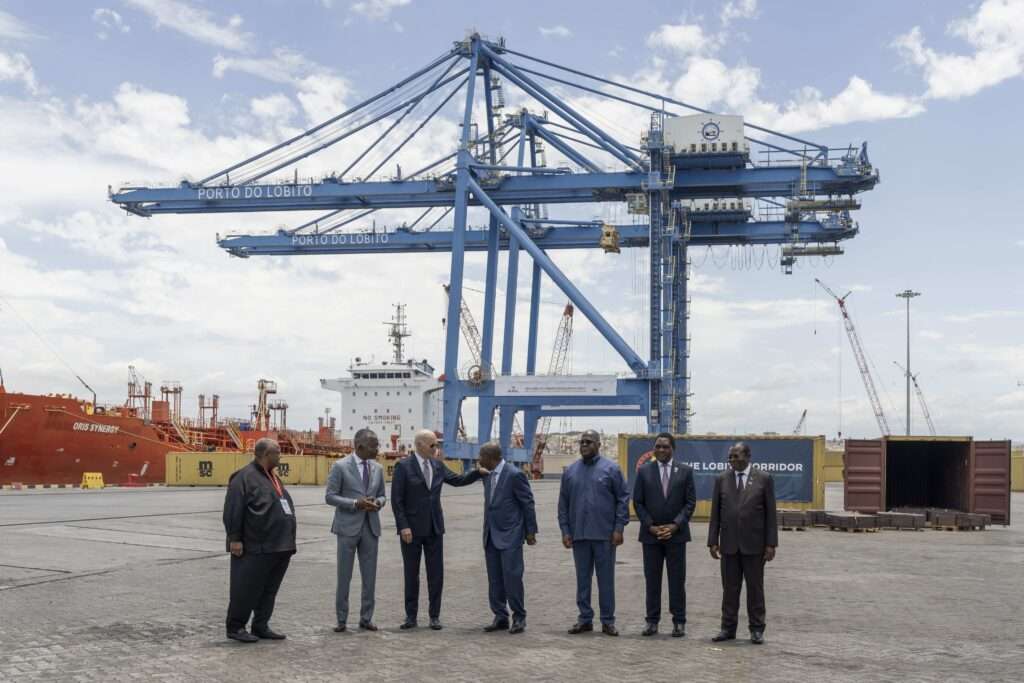This time round, Africa isn't just the playing field - it's in the game.

Despite what you might hear, Africa is not ready to become the passive victim of a new colonialism.
In recent years, the historical analogy of a ‘scramble’ has been used to describe contemporary African politics, invoking the carving up and exploitation of the continent by European colonial powers in the 19th Century. Implied by the analogy is that Africa’s abundant natural resource wealth, geopolitical significance, expanding middle class and large, young population make it a land of great economic, technological and military opportunity for the great powers of the 21st Century.
However, this analogy represents a skewed picture of the contemporary reality, which invariably downplays the roles of African elites in global politics. African decisionmakers are not just passive recipients of aid or investment but rather use the competition between non-African actors to advance their own agendas. As both the EU and China, through the European Global Gateway and the Chinese Belt and Road Initiative (BRI), have pushed to become infrastructure partners of choice in Africa, we can see African states pushing their own agenda.
First launched in 2013, the BRI is a trillion-dollar infrastructure network. It links China to the rest of the world, with Africa a major focus for its projects. The EU’s Global Gateway launched in 2021, with a comparably smaller €300bn budget, aiming to boost Europe’s role in infrastructure construction for transport, green energy and digital technology, especially in Africa.
A two-way street
Both the EU and China see these projects as a way of reinforcing their identity on the global stage. For the EU, this involves framing itself as a champion of democracy and good governance. China positions itself as an equal partner of the Global South, offering investment without political strings and within a frame of a common experience of historical colonial oppression. Both European and Chinese efforts can be understood as a search for ‘ontological security’, a term that denotes an actors’ need for a stable sense of identity and continuity in its self-perception and actions.
From the perspective of Africa’s external partners, it is this yearning to feel secure, and African actors' power to provide or deny validation that creates opportunity for the latter to push for better terms on big infrastructure deals. For example, African criticism of China’s “debt diplomacy” has pushed Beijing to tweak its BRI practices, aligning projects more closely with the AU’s development goals. Meanwhile, the EU has had to adjust too, making more effort to avoid being seen as a rebrand of old, top-down aid programmes.
This can be seen in the case of Lobito Corridor, a railway project connecting mineral-rich areas in Zambia, Angola and the Democratic Republic of Congo with regional and global trade markets via the port of Lobito. Construction on the project started with significant involvement from Chinese actors in 2006, but Angolan government dissatisfaction with a series of issues prompted them to shift the next phase of development to a Western-backed consortium in 2022. In the setting of terms in both cases, Angolan policymakers leveraged the rivalry between Chinese and Western partners to attract billions of dollars in investment while keeping control over its long-term goals of industrialisation and economic diversification.
Another example is the Dakar Bus Rapid Transit (BRT) system, the first fully electric bus network in sub-Saharan Africa. The project was a key element of Senegal's national development strategy, aiming to modernise infrastructure. To realise the project, Senegal combined European financing and management expertise with Chinese construction capacity and equipment. Funders of the BRT include Chinese state-owned enterprises (SOEs), European development finance institutions, the EU, the World Bank, and a European-led corporate consortium. Technical expertise was provided by the French national rail provider, while the core infrastructure and 121 electric buses were provided by Chinese SOEs. By mixing and matching, Senegal avoided dependency on a single partner and still aligned the project with its own national development plan.
In addition to challenging notions that a ‘new scramble’ is underway, claims of a return to Cold War patterns of rivalry and dependence are ill-fitting for the contemporary reality. Although Europe and China are rivals, African actors are not simply pawns in their power games, but are rather exploiting these dynamics, sometimes forcing both to adapt their approaches, including by working together on African projects.
Given the importance of infrastructure provision for the future of trade, jobs and connectivity on the continent, it is vital that African leaders can tap into the insecurities of international partners and promote their own interests. That they can do so does not imply that African countries have full freedom to dictate terms, given that they still operate in a global system of unequal power and financial dependency. However, the notion that Africa has little choice is misleading, given the opportunities that exist for diversifying partnerships, ‘forum shopping’ and setting their own priorities. In short, Africa isn’t just the stage for a new global rivalry. Increasingly, it’s one of the directors of the play.
This opinion piece reflects the views of its independent authors, not those of Global South World. It is based on their research paper African agency in geopolitical times: playing with EU and Chinese ontological security published in Third World Quarterly